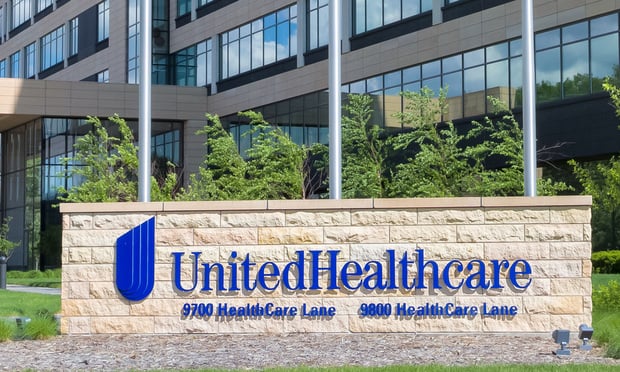A pressing concern
The Wolters Kluwer survey talked to more 1,000 consumers and 837 health care professionals, including nurses, nurse directors, physicians, and hospital executives. The survey showed clearly that respondents see addressing health care issues as a high priority when it comes to next year's elections. The study found that 73 percent of respondents said the issue of health care will be a main factor when they vote for a presidential candidate. A whopping 89 percent of consumer respondents said the U.S. health care system needs an overhaul. The report said 78 percent of all respondents said they will vote for a presidential candidate who will respond to rising health care premiums and high deductibles. And 81 percent of consumers said they believe uncertainty surrounding health care policy impacts the quality of care patients receive.
Costs at top of mind for both groups
Both groups surveyed showed awareness of how geographical and other differences affect health care. The report said 63 percent of consumers don't believe they would pay the same for a treatment or condition regardless of where they receive care. And 98 percent of all those surveyed agreed that there are substantial differences in costs and how care is delivered, making this a national problem. For consumers, the challenge of costs has a direct impact on how they follow treatment plans. The survey showed 52 percent of consumers don't fill prescriptions due to cost concerns; 47 don't take drugs as prescribed; 38 percent said they stopped taking a medication early. Millennials in particular seemed worried about health care costs—the survey found that 61 percent of millennials did not go forward with a medical treatment because they were concerned about costs; only 31 percent of baby boomers said the same.
Consumers, health professionals agree on some issues, disagree on others
Consumers and health executives disagree somewhat on the burden of rising drug costs. The survey found that 40 percent of consumers said a top priority for hospitals over the next few years should be medication cost increases. In contrast, hospital executives ranked medication costs last in priorities for the next few years. Transparency in health and billing data, however, was supported strongly by all respondents. The report said of 87 percent of all respondents agree there is a lack of transparency in the pricing of health care services. And 88 percent agree price transparency in health services and medications should be a priority for the next presidential administration. Read more:
Complete your profile to continue reading and get FREE access to BenefitsPRO, part of your ALM digital membership.
Your access to unlimited BenefitsPRO content isn’t changing.
Once you are an ALM digital member, you’ll receive:
- Breaking benefits news and analysis, on-site and via our newsletters and custom alerts
- Educational webcasts, white papers, and ebooks from industry thought leaders
- Critical converage of the property casualty insurance and financial advisory markets on our other ALM sites, PropertyCasualty360 and ThinkAdvisor
Already have an account? Sign In Now
© 2025 ALM Global, LLC, All Rights Reserved. Request academic re-use from www.copyright.com. All other uses, submit a request to [email protected]. For more information visit Asset & Logo Licensing.








